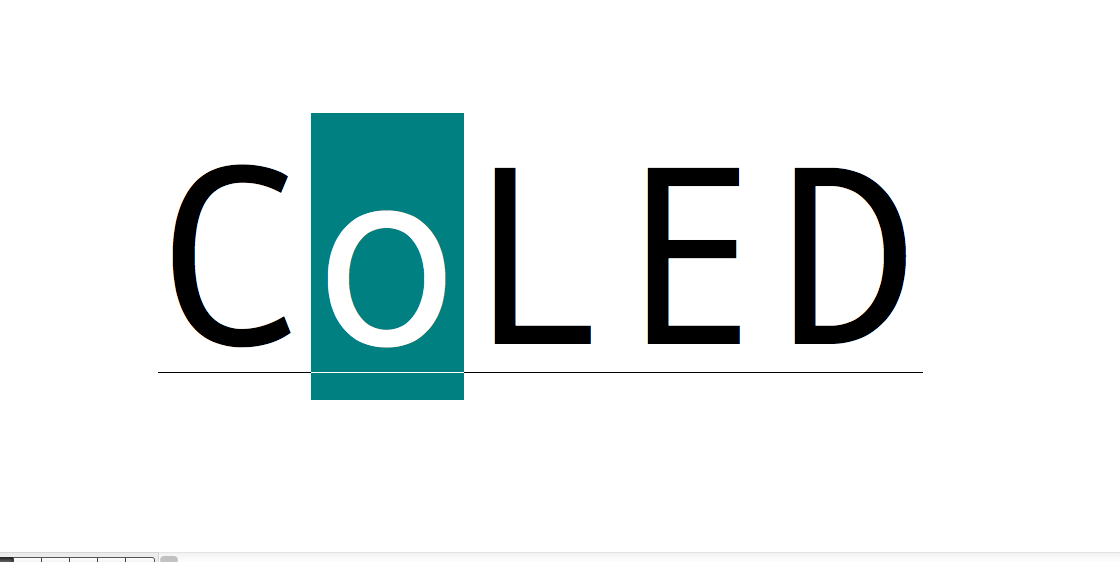Described by Michael Montoya
The Community Knowledge Project (CKP) is an experimental space and a practice that explicitly addresses the systems and structures of inequity in which all humans and non humans live. The CKP is inspired by the Environmental Justice Movements around the globe where expertise itself is challenged and redefined. Coburn (2006) nicely details the promise of local knowledge for a new generation of scholars that seek a connection rather than domination or mastery over their subjects/objects of interest. His is an introduction and a doorway into a situated knowledge making practice that includes, on equal footing, expert and local knowledge makers. Neither takes an upper hand for Coburn. Rather, expert and local knowledge practices share many qualities that make the dichotomy only useful as a mnemonic, not as epistemological or ontological truism.
The CKP has worked with several community partners over the past 9 years. Beginning with St. Jude’s Hospital Community Programs, my team and I worked with a neighborhood task force to conduct a needs assessment, a leadership recruitment strategy, and a participatory research project on the health effects of a grass roots soccer league for low-income Latino boys. That participatory collaborative action research project lasted 3 years. Read about it and the implications for the potentialities of community knowledge for understanding human well-being in the journal Current Anthropology.
Additionally, my team and I, at times consisting of up to 20 undergraduate and graduate students, medical students and community member volunteers, were asked to support a neighborhood revitalization effort in one of the most distressed neighborhoods in Orange County. This project, now in its 8th year, has resulted in a wide range of community transformations for individuals, for non-profit organizations, and for the city infrastructure. The efforts of my team were largely of core support operating in the background, which aims to allow those with the most at stake in the efforts the greatest opportunity to drive the initiative (see related publications, below).
In 2011, one community partner, Orange County Coalition for Responsible Development (OCCORD) asked me to give remarks at a meeting of Disney Hotel workers during a bitter labor dispute. As one of 5 panelists there to hear testimony and bear witness to the experience of the dispute and of working for Disney hotels, I was asked to comment on the health impact of inequality and poor working conditions, including pay and benefits. As I listened to the testimony of those whose bodies paid the price for stringent benefits, low wages, hours of moving mattresses, and racing giant piece work clocks in the laundry room, it was clear to me that economic opportunity and health go hand in hand. The calculus of the exchange between broken bodies, lifelong disability and low wages was palpable. As I remarked to them at the time, “You are not fighting for fair wages and benefits. You are fighting for your very lives!” I then gave an overview of the health impact of social conditions writ large and connected their labor struggle to the national conversations about the social determinants of health, wellbeing, and life expectancy. The workers eventually won their dispute.
CKP Publications
Montoya, M. Speculative Futures for a Healthy City: Community, Knowledge, and Epistemological Hope for the Sciences of Life. Current Anthropology, October 2013.
Montoya, M. and Erin Kent, Dialogical Action: From Community-Based to Community-Driven Participatory Research. Qualitative Health Research, 21(7), 1000-1011, July 2011.
Montoya, M., The Community Knowledge Project: Community is a Verb, Community Engaged Scholarship for Health, http://ces4health.info/, November 2009.
